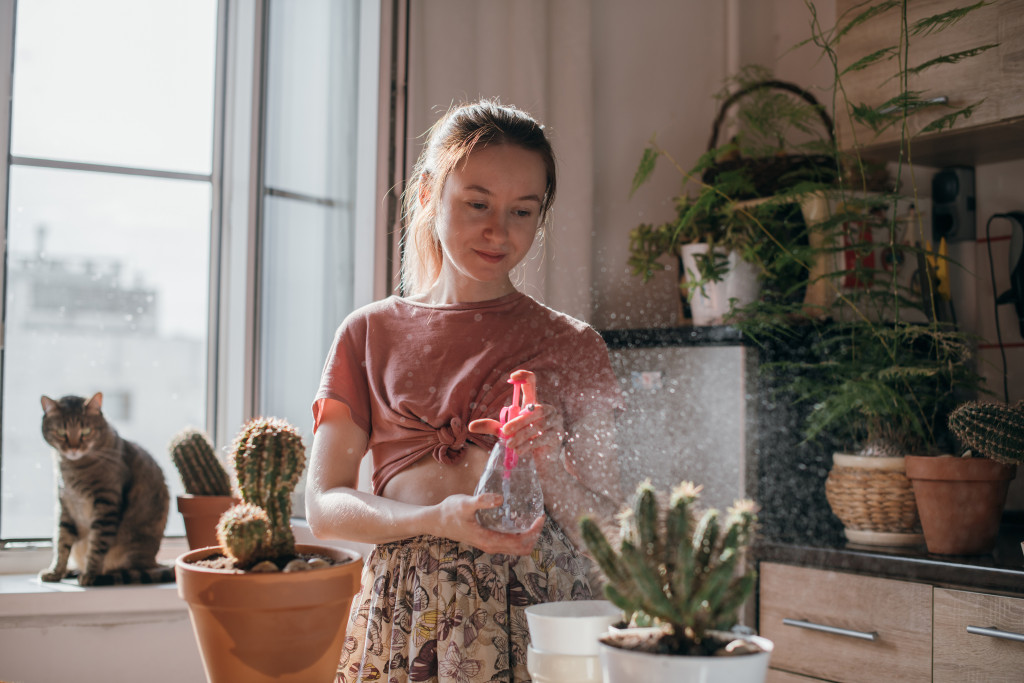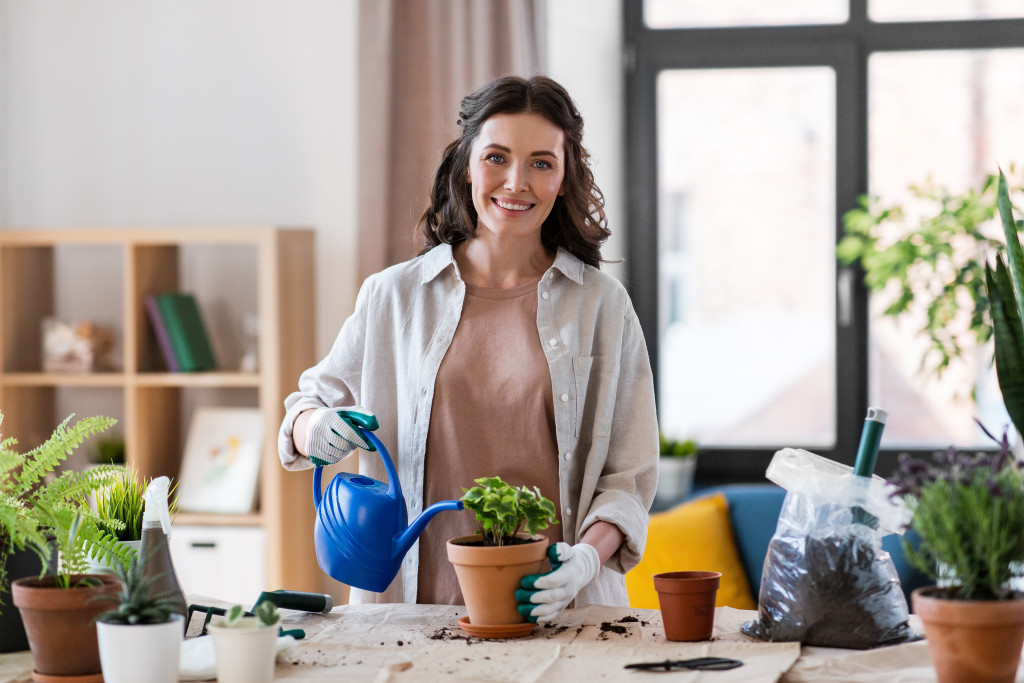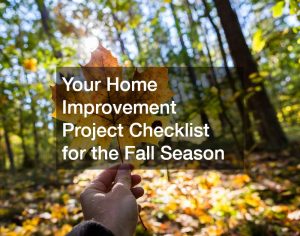Studies show that having plants at home can boost your mood, lower stress levels, and even improve your productivity. And, as a bonus, they help purify the air. But keeping indoor plants healthy can be a bit of a challenge. If you’re new to plant parenthood, you might wonder how to keep your plants healthy indoors. Here are 6 tips for keeping your plants healthy indoors.
Know Your Light Conditions
The first step to keeping your plants healthy indoors is to know what kind of light conditions you have in your home. Do you have a lot of natural light? Or do you rely mostly on artificial light? This will dictate what plants will do well in your home and where you should put them.
However, if you can’t get a lot of natural light, don’t worry. Plenty of plants do not require a lot of sunlight to thrive. Some of the best indoor plants for low-light conditions include:
- Snake Plants
- ZZ Plants
- Pothos
- Philodendrons
Make your home comfortable for your plants
Plants are living creatures, so they need the same things we do to survive: water, food, and shelter. Ensure you’re providing your plants with all the things they need to thrive. One of the most common reasons why some plants are not growing is poor insulation. For example, a house with leaky windows will let in too many drafts and make the temperature inside drop. This can harm your plants, especially if they’re already not getting enough light. Consider placing them on your patios instead to help them get more sunlight. Also, ensure your roof is insulated so your plants will not be too cold during winter. You can consult a service provider for insulated roofing that will help you save on energy costs while keeping your plants healthy.
Water Your Plants Regularly
One of the most common problems people have with indoor plants is overwatering them, leading to root rot, which is fatal for most plants. So how do you know how often to water your plants? A general rule of thumb is to water them when the top inch or so of soil is dry. But, of course, this will vary depending on the plant and the pot it’s in. If you’re unsure, it’s always better to err on the side of underwatering rather than overwatering. For example, succulents and cactuses store water in their leaves, so they don’t need to be watered as often as other plants. On the other hand, plants native to tropical climates, like ferns, need to be watered more often. It’s all about knowing your plant and what it needs to thrive.
Choose the Right Potting Mix
The potting mix you use can also make a difference in your plants’ health. For example, cactuses and succulents need a potting mix that drains well to prevent root rot. On the other hand, plants that need more moisture, like ferns, need a potting mix that retains water better. Remember that plants have different needs, so it’s essential to choose the right potting mix for each one. You can ask your local nursery or garden center for advice on what potting mix to use for your plants.
Fertilize Them Regularly (but not too much!)
Why exactly do you need to fertilize your plants? Just like people, plants need nutrients to grow. The three primary nutrients that plants need are nitrogen, phosphorus, and potassium. Nitrogen helps with the growth of leaves, phosphorus helps with the growth of roots, and potassium helps with the plant’s overall health.
Like watering, it’s important not to overdo it when fertilizing your plants. A little bit goes a long way! Depending on the plant food you use, you’ll want to fertilize every 2-8 weeks. Be sure to read the instructions on the packaging so that you don’t accidentally damage your plants by using too much fertilizer.
Get Rid of Pests ASAP!

Pests can do a lot of damage to your plants, so it’s vital to get rid of them as soon as you see them. Some of the most common indoor plant pests include:
- Aphids
- Spider mites
- Fungus gnats
- Mealybugs
- Scale insects
If you notice any pests on your indoor plants, taking care of them immediately is essential! The sooner you get rid of them, the less likely they will cause severe damage to your plant (or spread to other plants). There are plenty of natural ways to eliminate pests, such as neem oil or diatomaceous earth.
The bottom line
The health and beauty of your plants will depend on how well you take care of them. By following the tips in this article, you can ensure that your plants stay healthy and happy indoors. Do you have any other tips for taking care of indoor plants? How do you make sure your plants stay healthy and happy?





